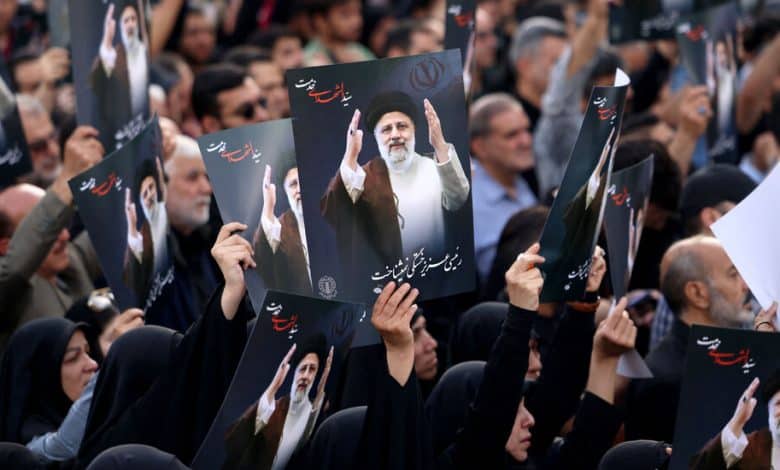Who’s in More Trouble: Israel or Iran?

An astute friend recently observed that today’s crisis in the Middle East boils down to one question about two dates: Which historic moment is likelier to be reversed: 1948 or 1979?
The dates are references to the creation of the state of Israel and, 31 years later, the Iranian revolution. The implication of the question is that it’s one or the other: The Jewish state and the Islamic republic cannot permanently coexist, at least so long as the latter seeks to destroy the former. Recent days have brought two potential vehicles for their downfall into focus.
There was, first, the announcement from Karim Khan, the International Criminal Court’s prosecutor, that he would apply for arrest warrants against Prime Minister Benjamin Netanyahu and Defense Minister Yoav Gallant of Israel.
The decision is unlikely to ever lead to any arrests, much less to criminal convictions: The Biden administration has already denounced the decision, and even countries less friendly to Israel are unlikely to arrest the leader of a nation with nuclear weapons and a powerful intelligence agency.
But the announcement forms part of the same broad strategy that Israel’s adversaries believe will ultimately be the downfall of the state: international delegitimization and isolation, leading to gradual internal collapse or external conquest. Even Khan’s decision to seek the arrest of three Hamas leaders along with Netanyahu and Gallant is of a piece with the overall strategy, as it places Israel’s leaders on a moral par with a trio of terrorists.
Then there was the death on Sunday of Iran’s president, Ebrahim Raisi, along with the foreign minister, Hossein Amir Abdollahian, and six other people apparently by accident — “apparently” because the possibility that the helicopter they were in was brought down by foreign or domestic saboteurs can’t be fully ruled out.
